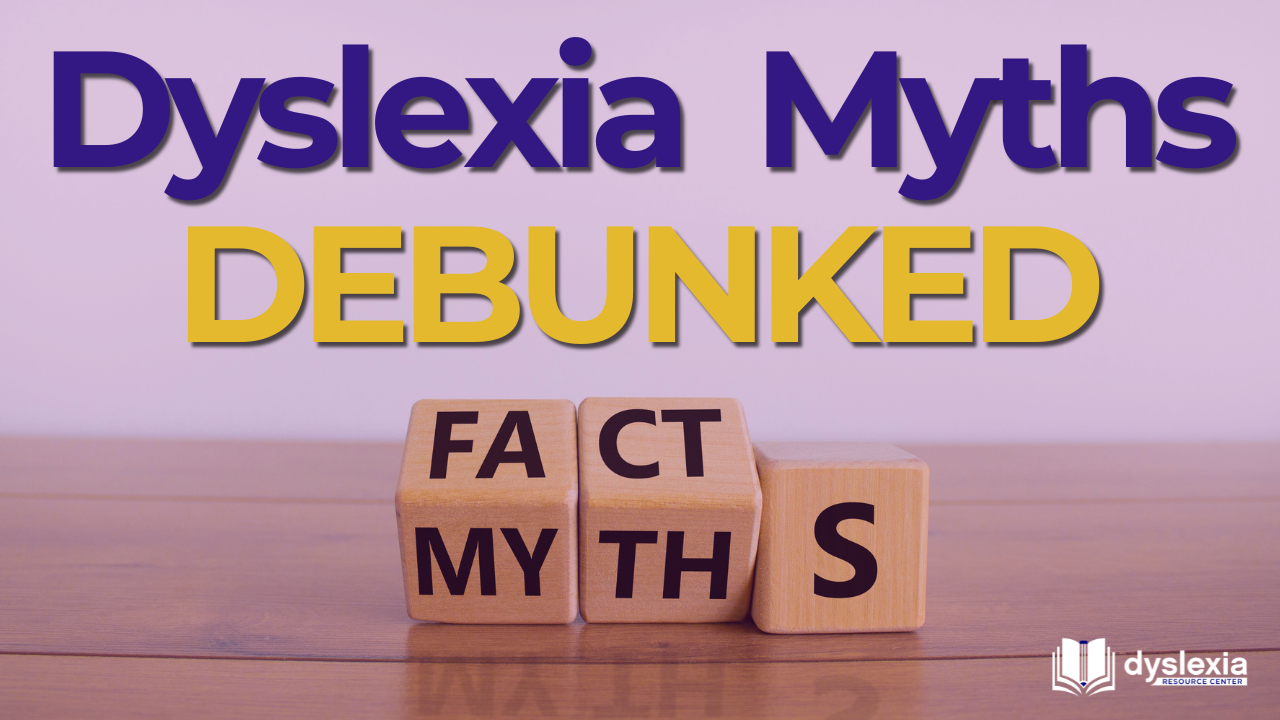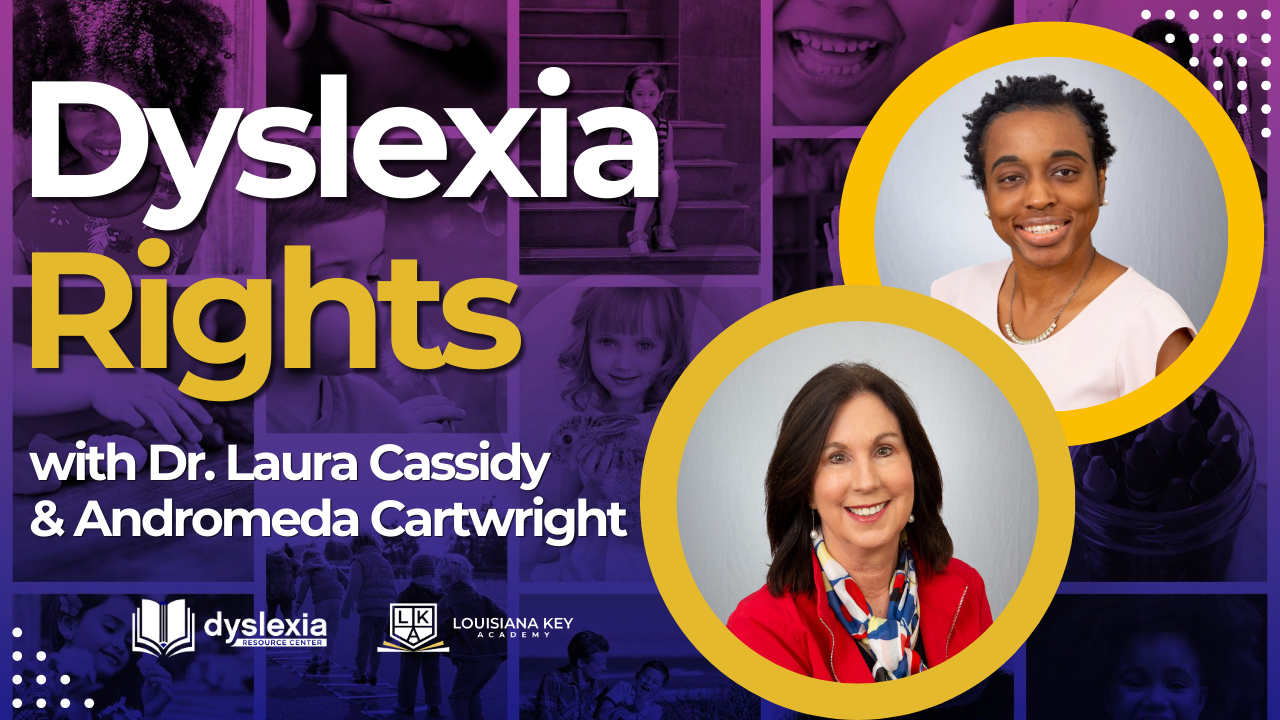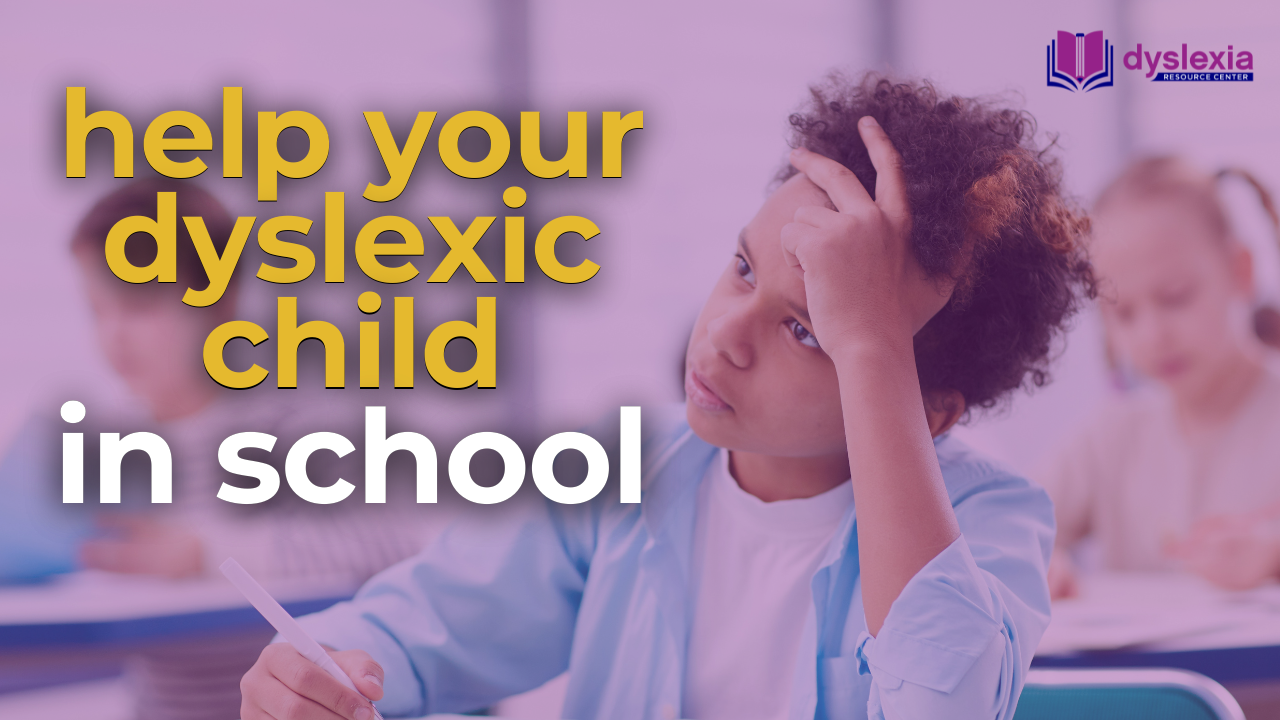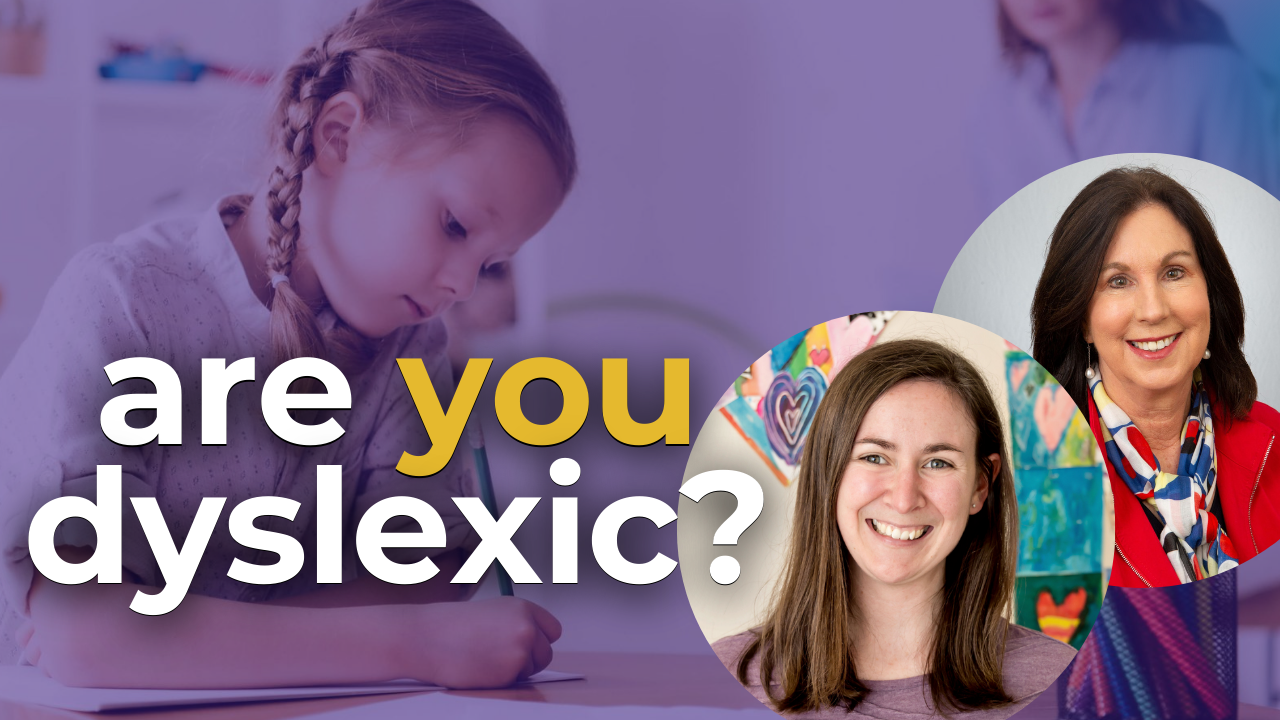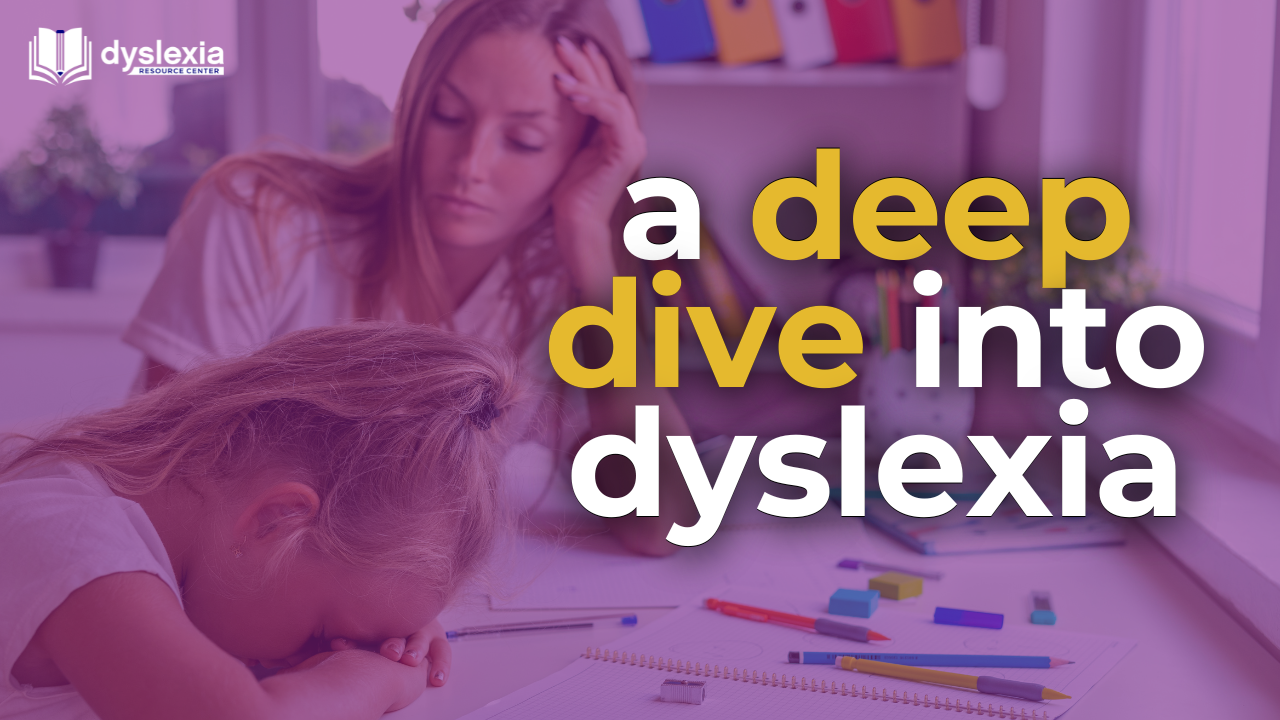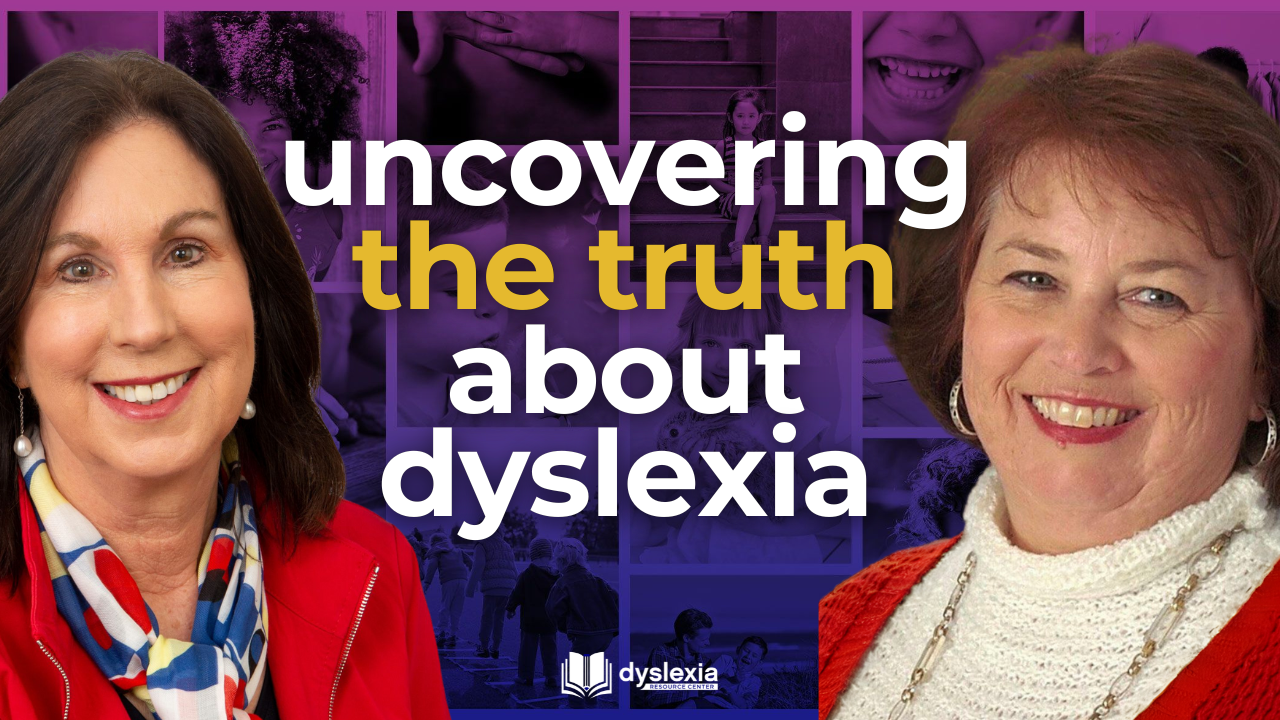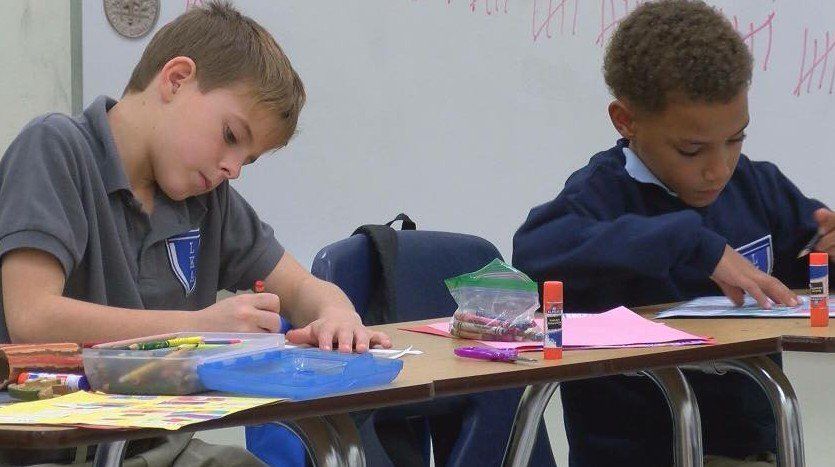Call Us (225) 384-5484
Are You Looking For A Reading Tutor?
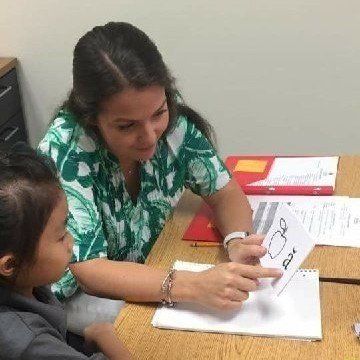
Do you have a bright child who is struggling to learn to read and feel like you need a tutor? Learning to read is the foundation for success in school and if your child is struggling or behind grade level in reading, time is of the essence. Most bright children who are struggling with reading are dyslexic whether they are identified or not. So, what should you look for in a tutor?
There are many gimmicks available so it is important to understand reading in a general sense. Reading starts with identification of the letters of the alphabet and linking the sounds of the alphabet with the written symbols. Children then learn to take simple words apart and break them into phonemes and then reassemble them to read the word. CAT has three sounds. C….A….T…. If you are not dyslexic this occurs fairly automatically. As you are introduced to simple words and build upon this letter sound system the non-dyslexic acknowledges that words can be pulled apart to match the sounds of the spoken word. For dyslexic children this is difficult.
If your child is struggling to read it is important to know if they can pull the word apart as above (C…A…T….) which is called decoding and/or if they are reading by sight words. Reading involves both decoding and memorized sight words. The ability to do both results in a better reader. It is important to know if the child can decode. Children can read simple material if they have memorized words but as text becomes more complex they will reach a roadblock. The approach of the tutor, the skills addressed, and how and what progress is monitored is important. Reading as a skill set takes off in non-dyslexic children in first and second grade so if your child is behind, time and money must be used wisely.
I would recommend a Certified Academic Language Therapist(CALT) or Practitioner(CALP) as my first choice. Or someone who has almost completed this training. ALTA (Academic Language Therapy Association) has a web site and can help you find a CALT in your area. There are plenty of reading tutors with no formal training and those with a few days of training. Personally, I would want a tutor who has trained and worked extensively with dyslexic children – bright children who struggle with reading. If your child is struggling with reading they are most likely also struggling with spelling and writing. A good tutor understands this and has a comprehensive knowledge of dyslexia and will love your frustrated child.
The tutor needs to work with your child’s school and your child’s teacher so that the child is progressing toward reading fluency using decoding skills and oral text reading. Your child should not be overwhelmed by two systems of language, one with a tutor and one with a school. If you need a tutor to help your child learn to read, please contact us at 225 384 5484.


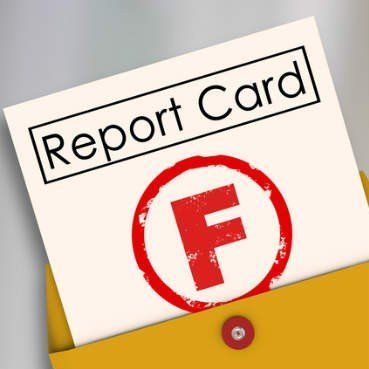
Quick Links
What is Dyslexia?
Dyslexia Services
WHO WE ARE?
The Dyslexia Resource Center was started by a group of concerned parents, medical doctors, and advocates who simply want everyone to know the truth about dyslexia, based on the most current science, and how that knowledge can translate into success in the classroom.
WHAT IS DYSLEXIA?
An unexpected difficulty in reading for an individual who has the intelligence to be a much better reader.
All Rights Reserved | Dyslexia Resource Center

